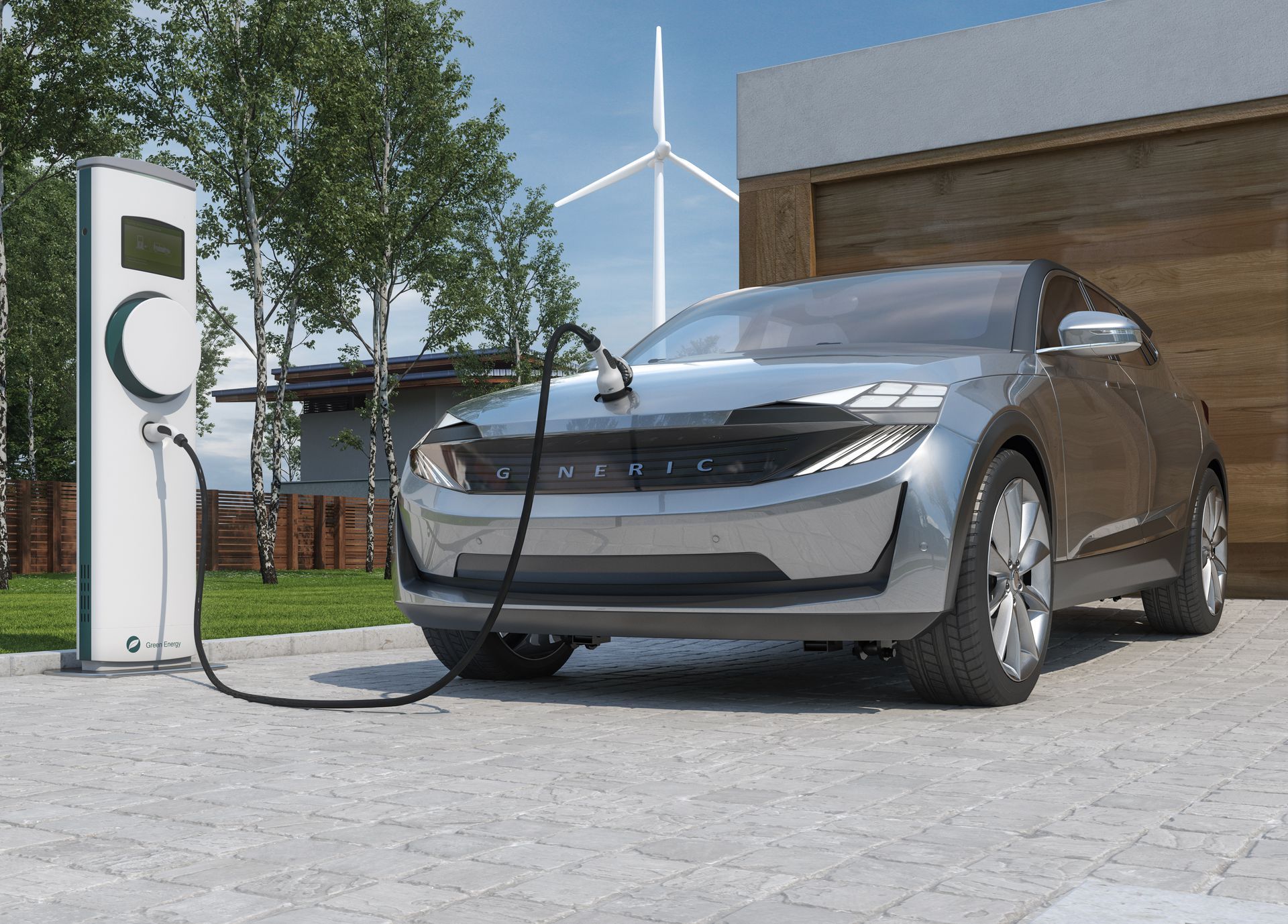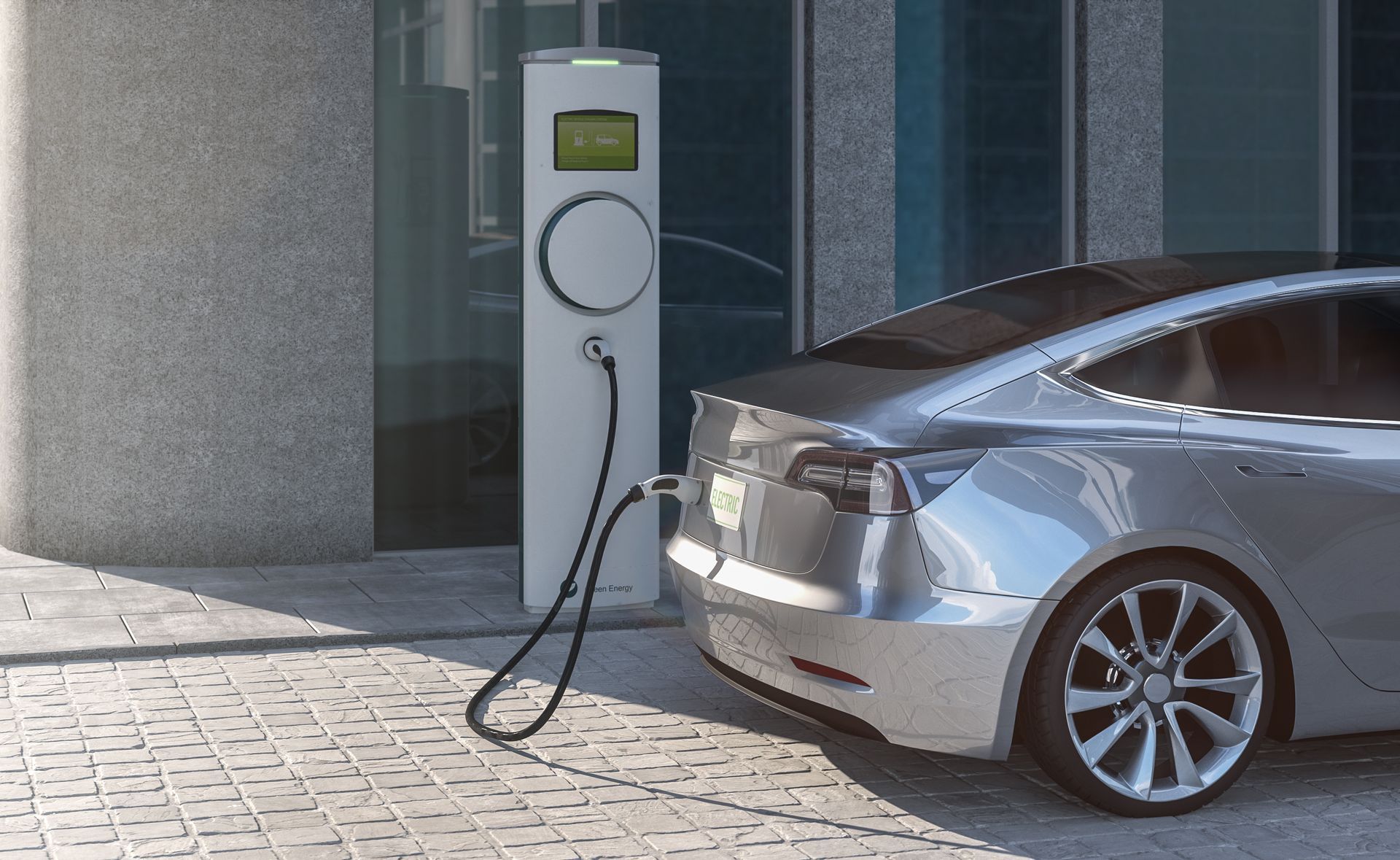Installing an electric vehicle (EV) charger at home offers a myriad of benefits that extend beyond mere convenience, encompassing cost savings and positive environmental impact. Perhaps the most apparent advantage is the unparalleled convenience it provides to EV owners. With a home charger, there's no need to visit public charging stations, saving valuable time and offering the flexibility to charge at one's convenience, particularly during off-peak hours when electricity rates may be lower.
Financially, home EV charging can lead to significant cost savings in the long run. Home electricity rates are often lower than the cost per kilowatt-hour at public charging stations, translating into reduced operational expenses for EV owners. Furthermore, many utility companies offer special rates or incentives for electric vehicle charging at home, contributing to additional savings.
Beyond the personal benefits, the environmental impact of home EV charging is noteworthy. By shifting the source of energy consumption from traditional fossil fuels to electricity, which can be generated from renewable sources, EV owners contribute to a reduction in greenhouse gas emissions. This transition aligns with global efforts to combat climate change and promotes a sustainable future.
The installation of an EV charger at home delivers unparalleled convenience, substantial cost savings, and a positive environmental impact. As the world moves towards sustainable transportation solutions, home EV charging stands out as a practical and eco-friendly choice for both individual consumers and the broader community.

